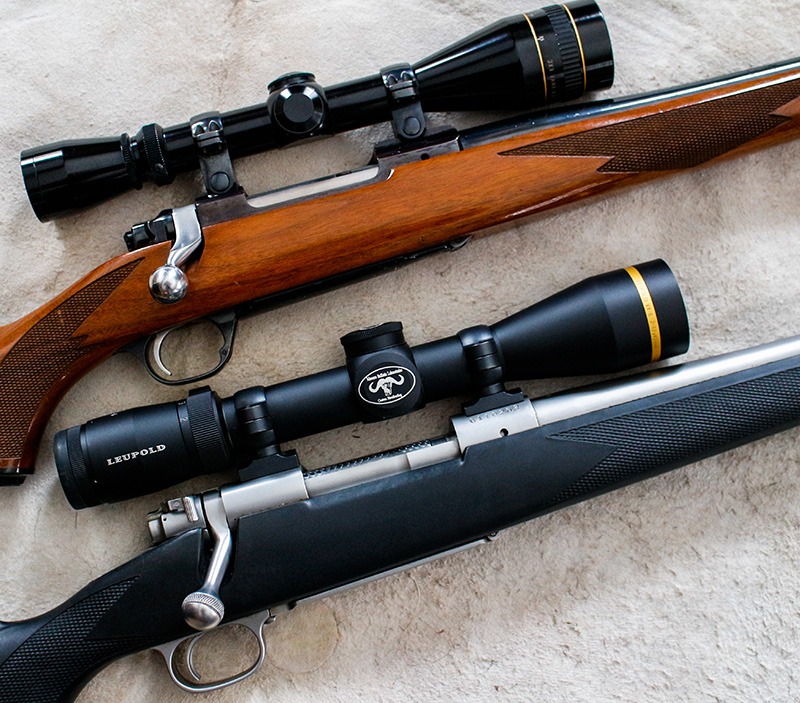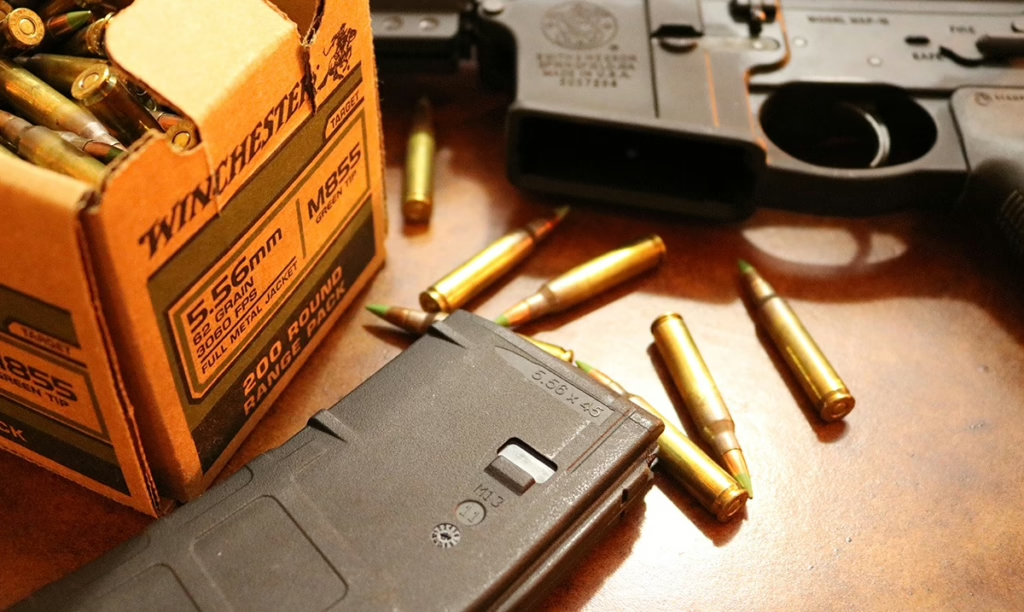
“Have gun, will travel,” is not as simple as it sounds.
Whether you’re planning to attend a competition, going on a distant hunt, or just want to take along a firearm for your own personal-defense when you travel away from home, you absolutely need to know the rules of how to legally travel with your gun.
By Plane
For airline travel, always check the regulations for the specific airline you’re using, as well as the federal TSA regulations, too. Get to the airport earlier than you would if you weren’t checking a gun, and make sure your gun is unloaded and in a locked case before you even drive onto the airport grounds.
If you normally carry concealed, make sure you stop, unload, case, and lock up your carry gun before you arrive at the airport. But be discreet! You don’t want to have to pull into a fast food parking lot and have bystanders witness you taking off your shoulder holster and casing your gun in plain view.
When you get to the airport, print out regulations particular to that airline so that, if the TSA agent appears uninformed or asks you to do something you know is either incorrect or unnecessary, you can point (respectfully) to the regulations and argue your case. You should also always bring paperwork along with you to prove that you are traveling to an event, class or competition, such as a match entry form or competition letter. Remember, the airlines have all the power. A pilot can refuse to fly you, if you act ornery about your gun.
About gun cases: Whether traveling by plane, train, or automobile, you’ll want a proper lockable hard-sided case for that gun. Always lock the case prior to check in and expect to wait while TSA checks the bag after you’ve unlocked it in front of them. Also, airlines will allow you to travel with some ammo, and you can find the rules for how to pack this item in each airline’s regulations.
Finally, Julie Golob, captain of Team Smith & Wesson and frequent traveler, advises, “Smile! Be as helpful and friendly as possible throughout the entire gun check-in process. Even if you come across an agent who seems to have a significant disdain for you and your firearm, be courteous. A negative attitude won’t help the situation,”
By Automobile
Here’s where traveling with a firearm gets really interesting.
The first thing you’ll need to check before you set out on your journey is your travel route, especially if you’re going into a city and/or state that prohibits concealed carry or certain types of firearms (AR-type tactical firearms, those with hi-cap magazines, etc.). Know these rules. However, according to the federal law, aka the Firearms Owners’ Protection Act (FOPA), “A person is entitled to transport a firearm from any place where he or she may lawfully possess and carry such firearm to any other place where he or she may lawfully possess and carry it, if that firearm is unloaded and locked out of reach.” And, again, it helps to print out official publications regarding firearms transportation from the jurisdictions you will be traveling to or through, to have on hand if you get stopped. (Of special note, according to the NRA-ILA website (www.nraila.org), there are five states that have “strict and complicated” gun laws. They are California, Hawaii, Massachusetts, New Jersey, and New York.)
If you’re not carrying concealed for self-defense purposes, your firearms need to be unloaded and cased. If you are carrying concealed, check with all the states you will grace with your presence, to make sure you are complying with their rules. The website of a state’s attorney general will list all state concealed carry laws, as well as whether your state has carry reciprocity with the state/s you want to drive through or visit.
If you are pulling a trailer or camper, also check rules and regulations of each state you are traveling through, as to whether and how your firearms and ammunition may be transported in these recreational structures.
Finally, keep your ammo cased and separate from the firearms.
Guide to the Interstate Transportation of Firearms
The National Rifle Association Institute for Legislative Action published a Guide to the Interstate Transportation of Firearms on June 30, 2014. There is no federal law that regulated transporting guns.
Other Countries
Mexico doesn’t want you in the country with your guns—period—though there are limited exceptions for hunting.
Canada will allow guns in the country for hunting. You’ll need to check with the U.S. Embassy in Canada, as well as the Canadian Consulate in the U.S. (information is available on this website), before traveling to that country.
For other countries, rely on your outfitter, competition host, or other reliable source, along with the affiliated U.S. Embassy, to get all the facts on firearms transportation before you pack.





